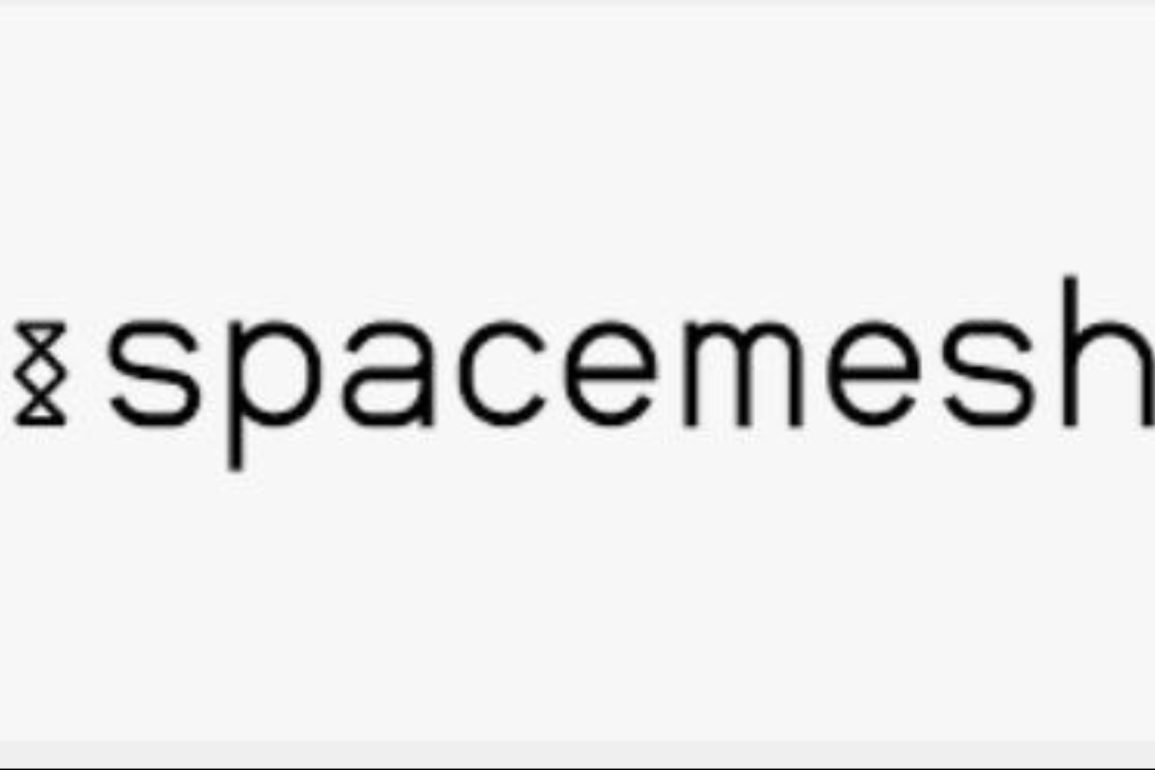- Summary:
- Spacemesh has launched "The People's Coin", based on proof of space-time protocol, whose workings differ substantially from PoS and PoW.
Spacemesh, a public-domain programmable proof-of-space crypto project, has launched a new decentralised network. After five years of development, Spacemesh finally launched the People’s Coin on July 14 at 8:00 UTC.
The network settled on July 14 because it is the anniversary of the Bastille’s fall. The objective is to launch a cryptocurrency that would get universal use, especially among the younger population and the underprivileged. Spacemesh hopes to make the world a better, more equitable place by democratising access to crypto.
Spacemesh uses the PoST (Proof of Space-Time) consensus algorithm rather than the more conventional PoW or PoS. In addition, it employs a Directed Acyclic Graph (DAG) instead of a Chain topology (i.e. a blockchain) to structure its data.
Spacemesh also employs lottery-free, non-competitive “leaderless” voting (“Collaborative Mining”) instead of the winner-takes-all paradigm via Lottery (“Competitive Mining”) employed by all Satoshi-based consensus protocols.Finally, Spacemesh miners recycle the original proof over and over, resulting in extremely low energy use and nearly negligible ongoing costs for operating a miner as opposed to other mining methods that require constant proof generation for each new challenge.
Tomer Afek, the co-founder and CEO of SpaceMesh says: “As the People’s Coin, everything we do, everything we write—the code and apps we ship—should be understandable, accessible, legible, and usable by regular people. This has profound implications for our design, UX, engineering, and economics. “
The People’s Coin is here
Over the course of five years, the cryptographers at Spacemesh, led by Prof. Tal Moran, developed a completely new approach to reaching consensus in a permissionless environment. Smaller home miners are treated fairly by the Spacemesh protocol since they receive rewards according to the size of their storage commitments at the end of each epoch, which occurs every two weeks. This safeguards against the possibility of hostile or otherwise powerful miners gaining an unfair advantage in the distribution of rewards.
When compared to other permissionless cryptocurrencies, Spacemesh offers far lower entrance hurdles. The only things you need to start mining (smesh) are a computer with enough storage space, a GPU that supports OpenCL, and access to the internet. No specialised mining equipment is required, and running costs are kept to a minimum by the low continuous power use. Furthermore, you do not need to have credit cards or a bank account.
In order to participate in the network and earn rewards at the end of each epoch, miners must first make a minimum storage commitment. This portion should be adequate to pay for future hardware upgrades or electricity expenditures. The innovative assurance of fair distribution is established by the combination of low entry barriers, cheap operational expenses, and incentive compatibility.
Due to the absence of competition-based rewards and the low marginal costs for home users, small miners are encouraged to join the network. This results in a dynamic system in which even modest players can participate and benefit without being driven out of the market by higher transaction costs.
Each miner is assured of receiving the same stable, predictable amount of rewards no matter how many others join the network. No longer do people have to rely on chance with lotteries or prize payouts.


